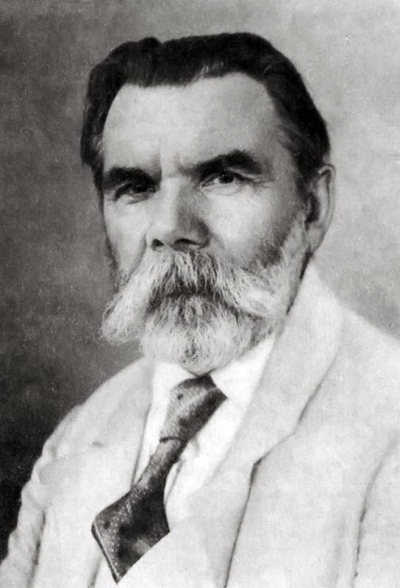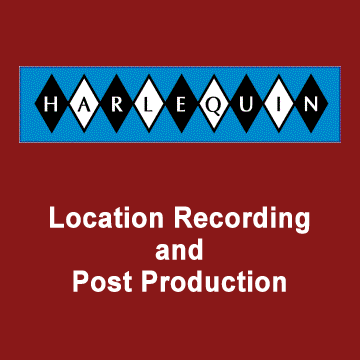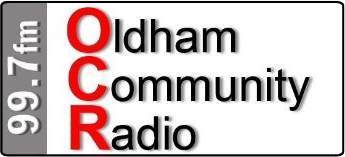Playlist 23 September 2018 |
|
| Rhythm and Blues – Philip Sparke | Opening for weekly show Foden's Band MD: Michael Fowles - 2010 |
| Call of the Brave - Jacob Vilhelm Larsen | Tredegar Town Band MD: Ian Porthouse - 2013 |
| Intrepid Overture - William Himes | Black Dyke Band MD: Professor Nicholas Childs - 2018 |
| Peace Of Mind - Lee Maddeford | Ensemble de Cuivres Valaisan (Switzerland) MD: Christoph Jeanbourquin - 2002 |
| War of the Worlds - ii) Reflections iv) Deliverance v)Phoenix - Peter Graham | Flugel Horn Lucy Murphy & Tenor Horn Leah Williams (ii) and Soprano Cornet Kevin Crockford (iv) with the Brighouse and Rastrick Band MD: Professor David King - 2012 |
| Schindler's List - John Williams arr: Ray Farr | Reg Vardy Band MD: Ray Farr - 2006 |
| Adagio - Rachmaninov arr: Ray Farr | Cornet Soloist Ian Porthouse with the Yorkshire Building Society Band MD: David King - 1998 |
| Rejoice - Robert Redhead | Canadian Staff Band of the Salvation Army (Canada) BM: John Lam - 2011 |
| DMG - Sam B. Wood | Cornet Soloist Derek Garside with the CWS (Manchester) Band MD: Alex Mortimer - 1961 |
| Golden Jubilee - March - Brigadier Milton Kippax | Williams Fairey Band MD: James Williams MBE - 1998 |
| A Roman War Song from Rienzi - Richard Wagner | The Royal Doulton Band and the Massed Male Voice Choirs with Brian Walters organist - MD: Ted Gray - 1985 |
| Concert Etude - Alexander Geodicke arr: William Broughton | Trombone Soloist Brett Baker with the Mississauga Temple Band of the Salvation Army (Canada) BM: David Moulton - 2003 |
| Seascapes - Ray Steadman-Allen | Desford Colliery Dowty Band MD: James Watson - 1988 |
| Trombones on Broadway – Roger Barssotti | Trombone feature with the Wingates Temperance Band MD: Denis Smith - 1972 |
| The Legend of Hans Roth - Howard Lorriman | Black Dyke Band MD: Professor Nicholas Childs - 2014 |
| Cousins - Herbert L. Clarke | Trumpet Soloist Jennifer Dearden & Euphonium Soloist Brian Meixner with pianist Kevin Dill (USA) - 2016 |
| Blaenwern - William Rowlands | Leyland Band MD: Thomas Wyss -2013 |
| Memories -Rieks van der Velde | Cornet Soloist Willem van der Leest with the Brass Band de Waldsang (The Netherlands) MD: Rieks van der Velde - 2009 |
| Lowry Sketchbook - 1st mvt City Scape - Philip Wilby | Brighouse & Rastrick Band MD: David Hirst - 1997 |
| In The King's Service - Erik Leidzen | South London Fellowship Band BM: Major George Whittingham - 2000 |
| Rhythm and Blues – Philip Sparke | Closing for weekly show Foden's Band MD: Michael Fowles - 2010 |
Sunday Bandstand 23 September 2018

Born: March 4, 1877 (or February 20, 1877) - Moscow, Russia
Died: July 9, 1957 - Moscow, Russia
Alexander Fyodorovich Goedike grew up in a musicians' family of German origin. His grandfather Karl was an organist and singing teacher. His father, Friedrich Alexander Paul was also organist and pianist in the Bolshoi Theater in Moscow. Another Karl, perhaps a brother of his father's, is said to have been a trumpeter in the Bolshoi Theater Orchestra. He is said to have performed Tchaikovsky's "Neapolitan Dance" in 1876 in public, one year before the world premiere of the ballet Swan Lake in which this famous cornet solo is to be found.
However this may be, Alexander Fyodorovich Goedike studied the piano at the Moscow Conservatory and in 1900, in Vienna, won the Rubinstein Composition Prize for his Concert Piece for piano, Op. 2/2 (1896). In 1909 he became professor of piano at the Moscow Conservatory, and in 1919 for organ and chamber music.
His training as a composer, on the other hand, was informal. As a highly respected organist and teacher, Goedike represented the classical direction, oriented on the German model, and influenced an entire generation of organists in the Soviet Union. Besides numerous organ works, Goedike composed four operas, three symphonies, various overtures, vocal works, and chamber music. In addition, he wrote one concerto each for piano (Op. 11, 1900), organ (Op. 35, 1927), horn (Op. 40, 1929), trumpet (Op. 41, 1930), and violin (Op. 91, 1951).
He also wrote the Concert Etude which we are featuring on this show which has been arranged by William Broughton and performed by solo trombonist Brett Baker.



















